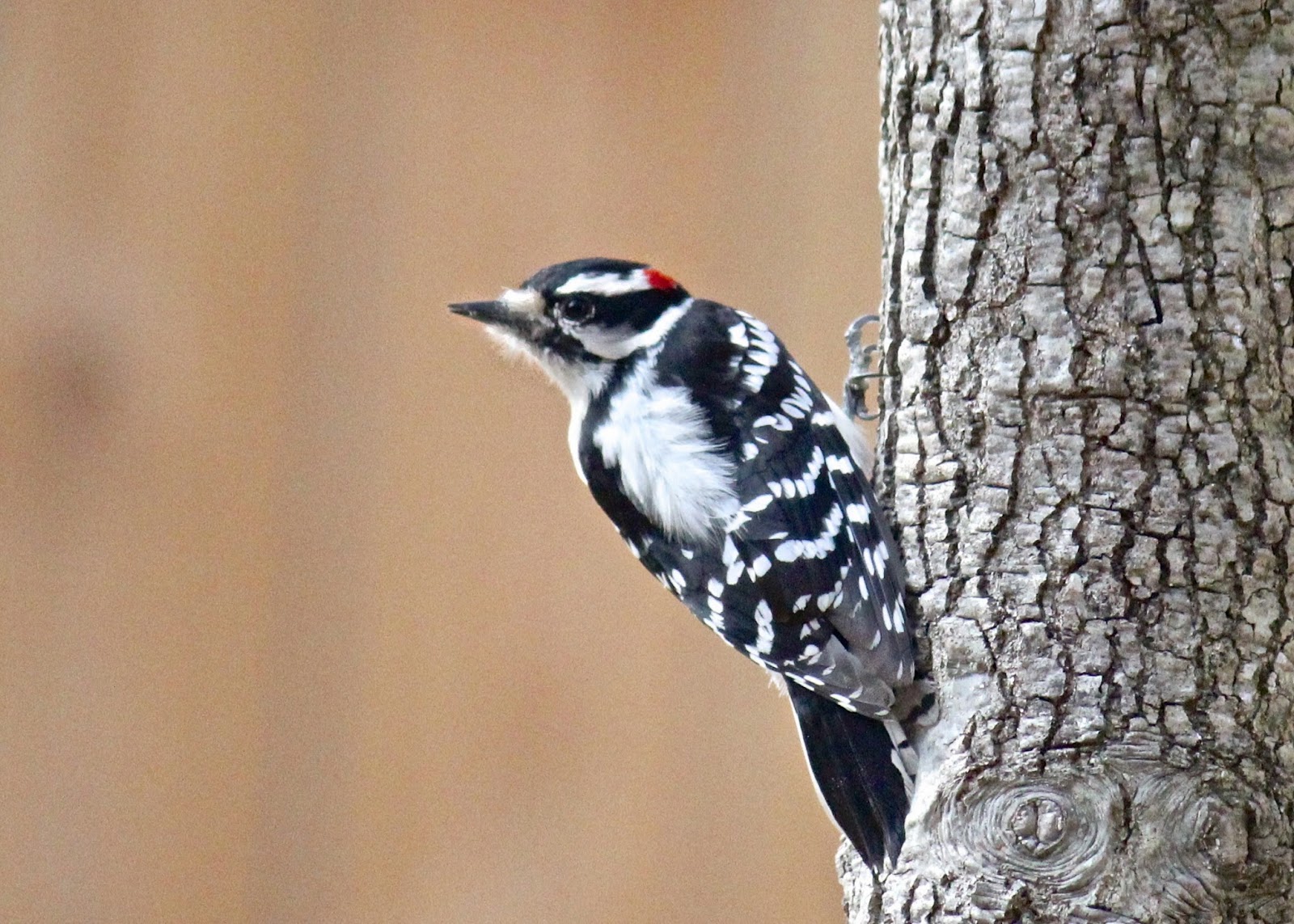Many of you know that bee-lovers have been pushing companies to label their plants for neonicotinoid pesticides.
Neonicotinoids are pesticides that are absorbed into the leaves and stem and other parts of the plant from the roots up. Thus, they are less harmful for humans to use because you don't have to worry about residue or spray drift, but unfortunately they are also suspected to have a detrimental effect on helpful wildlife such as bees.
Recent studies have shown that, even though the low levels of neonicotinoids in plant nectar and pollen don't outright kill bees, it still adversely affects the bees' brains, causing them to struggle to learn and remember things. Studies have found there is a relationship between neonicotinoid use and the
Colony Collapse Disorder of bees, which has gotten so much press lately.
 |
Check your labels! Systemic products made by companies such as Bayer often contain
neonicotinoids, two of which are Imidacloprid and Clothianidin. |
Since many gardeners certainly don't want the plants in the garden to be contributing to the death of bees, people have been petitioning the big box nurseries to label their plants for these pesticides. I have to applaud
BJ's Wholesale Club and
Home Depot for stepping up (yay!). They both have agreed to require their vendors to either stop using neonicotinoid pesticides or to label for them if they do continue to use them.
 |
| new Home Depot labels for Neonicotinoid Pesticides |
I was at Home Depot the other day and got to see their new labels. They say, "
This plant is protected from problematic Aphids, Whiteflies, Beetles, Mealy Bugs and other unwanted pests by Neonicotinoids." Wow, I am impressed with their marketing team - here I was expecting them to have a little tiny label shamefully admitting a plant had neonicotinoid pesticides, but instead they were spinning it into a positive thing!
 |
| back of the label |
Most of their indoor plants had these labels. I must say, after having battled all sorts of
pest problems with my indoor plants, I rather understand why they would want to use neonicotinoids on them. And since those plants are indoors, they aren't hurting bees. (However, I do wonder what would happen if my plant-loving cat ate one of those plants...)
What about outdoor plants, though? Do many of them have labels?
We don't have a lot of outdoor plants in stock yet, as it is definitely still winter up here in the Boston area. Home Depot only had their berry plants and grapes in. I was glad to see that most of them were not grown with neonicotinoid pesticides, though there were a couple varieties of grapes labeled for it.
I guess time will tell as to whether or not people will buy them. Hopefully, the labels will lead people to be more cautious about buying these plants, or, at the very least, cause them to do a little research about what these pesticides are that are on their plants.
And hopefully, people will make different choices in their plant buying - putting pressure on growers to use alternative (and hopefully more wildlife-friendly) pest management.
So has anyone else seen these labels? Or seen BJ's tags? I am hoping some Southern gardeners can tell if many of their outdoor plants are labeled with neonicotinoid pesticides. I am hoping, too, that other big-box stores will follow Home Depot and BJ's leadership in giving their consumers the ability to make more knowledgeable choices! Kudos to them!
























%2Bcopy.jpg)


.jpg)

.jpg)

.jpg)
.jpg)
.jpg)




.jpg)








